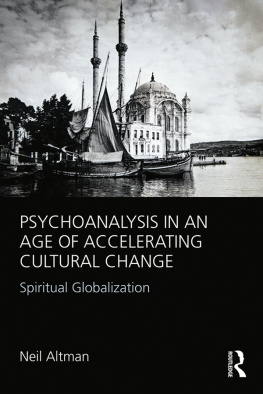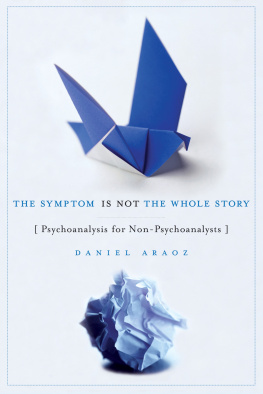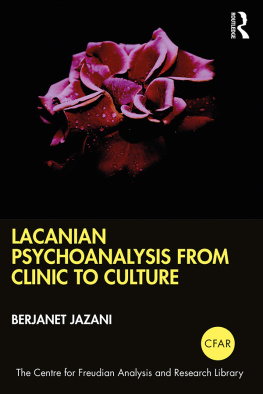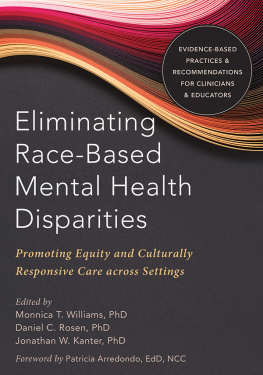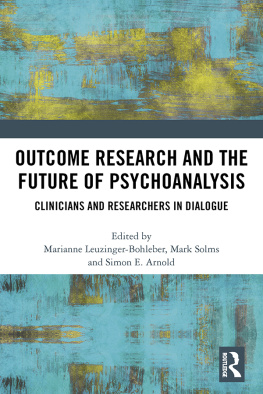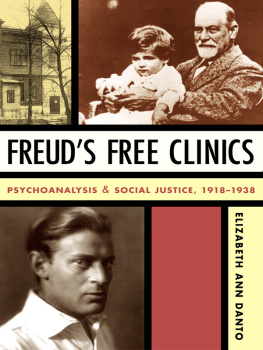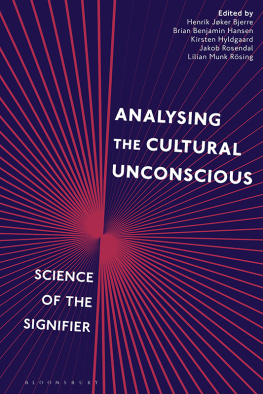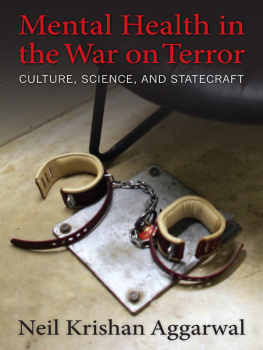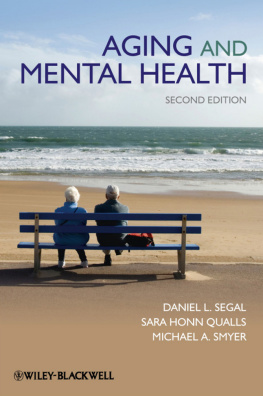Neil Altman - Psychoanalysis in an Age of Accelerating Cultural Change: Spiritual Globalization
Here you can read online Neil Altman - Psychoanalysis in an Age of Accelerating Cultural Change: Spiritual Globalization full text of the book (entire story) in english for free. Download pdf and epub, get meaning, cover and reviews about this ebook. year: 2015, publisher: Routledge, genre: Politics. Description of the work, (preface) as well as reviews are available. Best literature library LitArk.com created for fans of good reading and offers a wide selection of genres:
Romance novel
Science fiction
Adventure
Detective
Science
History
Home and family
Prose
Art
Politics
Computer
Non-fiction
Religion
Business
Children
Humor
Choose a favorite category and find really read worthwhile books. Enjoy immersion in the world of imagination, feel the emotions of the characters or learn something new for yourself, make an fascinating discovery.
- Book:Psychoanalysis in an Age of Accelerating Cultural Change: Spiritual Globalization
- Author:
- Publisher:Routledge
- Genre:
- Year:2015
- Rating:5 / 5
- Favourites:Add to favourites
- Your mark:
Psychoanalysis in an Age of Accelerating Cultural Change: Spiritual Globalization: summary, description and annotation
We offer to read an annotation, description, summary or preface (depends on what the author of the book "Psychoanalysis in an Age of Accelerating Cultural Change: Spiritual Globalization" wrote himself). If you haven't found the necessary information about the book — write in the comments, we will try to find it.
Psychoanalysis in an Age of Accelerating Cultural Change: Spiritual Globalization addresses the current status of mental health work in the public and private sectors. The careful, thorough, approach to the individual person characteristic of psychoanalysis is mostly the province of an affluent few. Meanwhile, community-based mental health treatment, given shrinking budgets, tends to emphasize medication and short-term therapies. In an increasingly diverse society, considerations of culture in mental health treatment are given short shrift, despite obligatory nods to cultural competence.
The field of mental health has suffered from the mutual isolation of psychoanalysis, community-based clinical work, and cultural studies. Here, Neil Altman shows how these areas of study and practice require and enrich each other - the field of psychoanalysis benefits by engaging marginalized communities; community-based clinical work benefits from psychoanalytic concepts, while all forms of clinical work benefit from awareness of culture. Including reports of clinical experiences and programmatic developments from around the world, its international scope explores the operation of culture and cultural differences in conceptions of mental health. In addition the book addresses the origin and treatment of mental illness, from notions of spirit possession treated by shamans, to conceptions of psychic trauma, to biological understandings and pharmacological treatments. In the background of this discussion is globalization, the impact of which is tracked in terms of its psychological effects on people, as well as on the resources and programs available to provide psychological care around the world.
As a unique examination of current mental health work, this book will appeal to psychoanalysts, psychotherapists, community-based mental health workers, and students in Cultural Studies.
Neil Altman is a psychoanalytic psychologist, Visiting Professor at Ambedkar University of Delhi, India, and faculty and supervisor at the William Alanson White Institute. He is an Honorary Member of the William Alanson White Society and Editor Emeritus of Psychoanalytic Dialogues. Author of The Analyst in the Inner City: Race, Class, and Culture through a Psychoanalytic Lens (Routledge, 2nd edition, 2010)
Neil Altman: author's other books
Who wrote Psychoanalysis in an Age of Accelerating Cultural Change: Spiritual Globalization? Find out the surname, the name of the author of the book and a list of all author's works by series.

